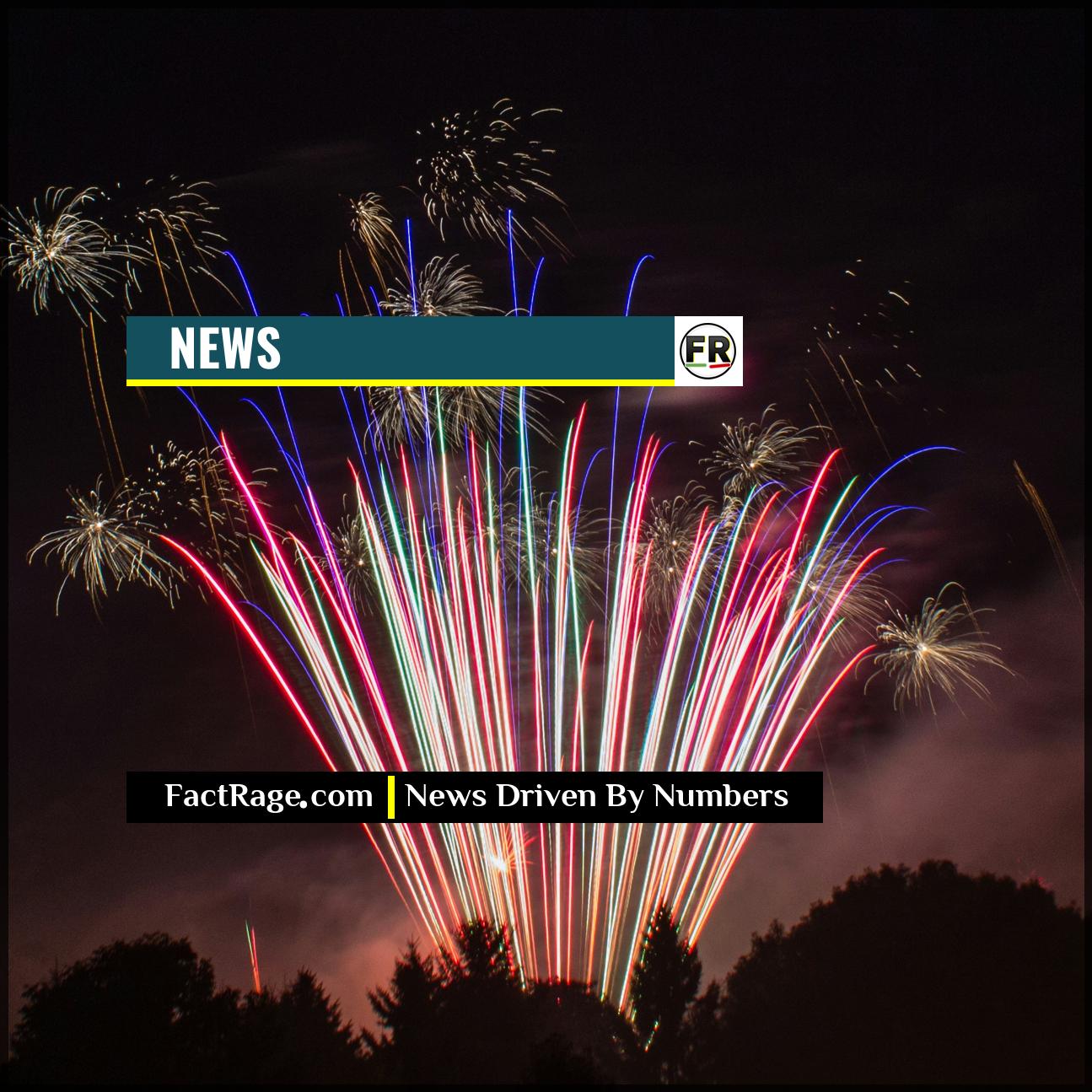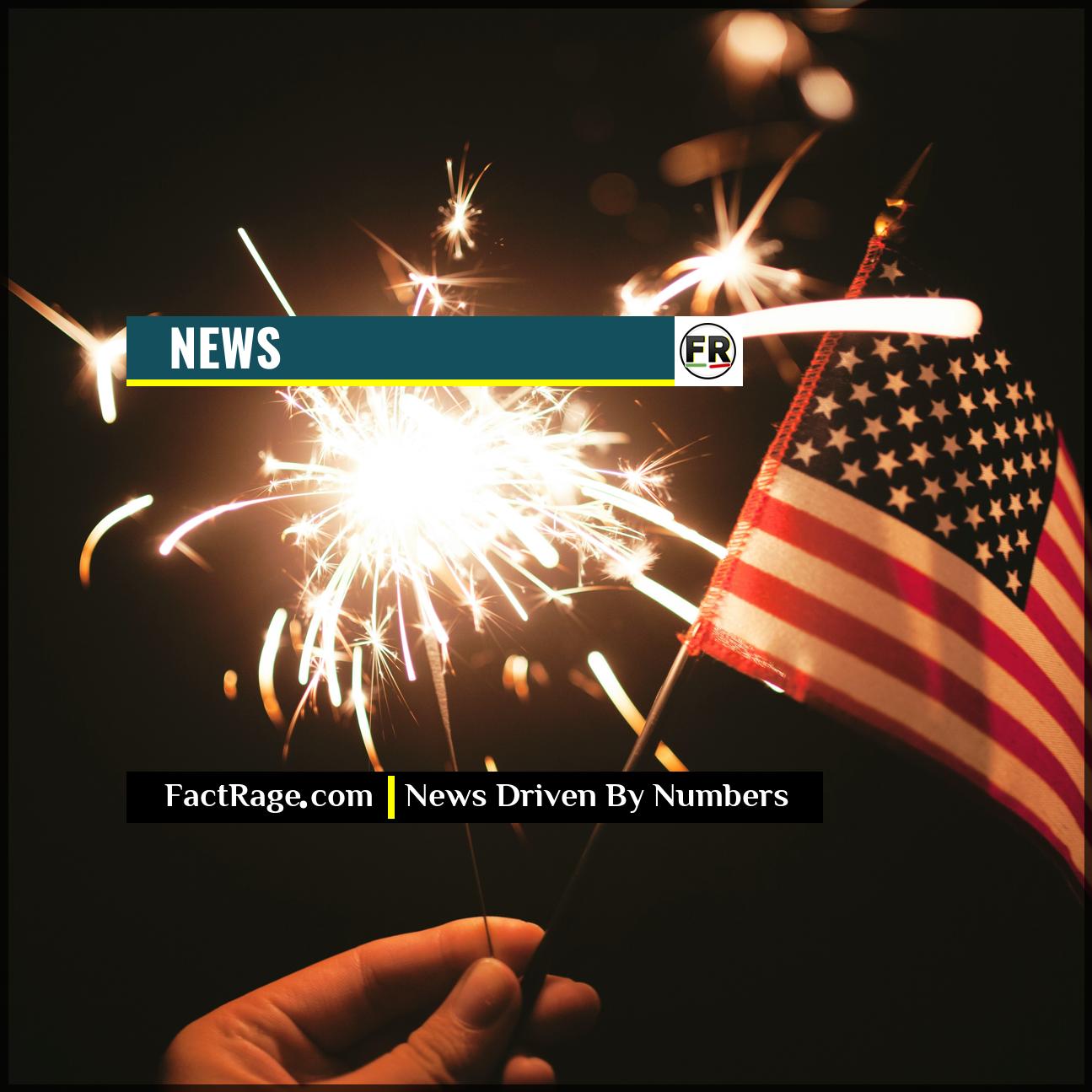FACTRAGE – With today marking the 249th anniversary of the Declaration of Independence, preparations across the United States are intensifying for the nation’s 250th birthday, or semiquincentennial, in 2026.
- The National Effort – The U.S. Semiquincentennial Commission, established by Congress, is tasked with coordinating the nationwide commemoration, with initiatives focused on history, education, and civic engagement.
- State and Local Focus – Every state and territory has its own “America 250” commission, leading to a patchwork of regional celebrations that reflect local histories and priorities, from historical reenactments to infrastructure projects.
- A Complex Anniversary – The anniversary arrives during a period of intense political and cultural polarization, raising questions about how to commemorate a complex national history that includes both triumphs and deep-seated conflicts.
These preparations, unfolding from the federal level down to small town squares, aim to mark a historic milestone while navigating the complexities of the nation’s present and past.
What is ‘America 250’ and Who Is Organizing It?

At the heart of the national effort is the U.S. Semiquincentennial Commission, a body created by federal law in 2016. Its official charge is to “provide for the observance and commemoration of the 250th anniversary of the founding of the United States.” Working with partners like the National Endowment for the Humanities and the National Park Service, the commission aims to encourage and coordinate events across the country.
However, the structure is deliberately decentralized. Rather than a single, top-down celebration, the national commission works with independent commissions in all 56 states, territories, and the District of Columbia. This framework allows for a wide variety of observances. The central question for many organizers is what form this commemoration should take. Will it be a celebration of achievement, a solemn reflection on the nation’s past, or something in between?
How Are Different Communities Planning to Celebrate?
The answer to that question largely depends on where you are. In Philadelphia, the city where the Declaration of Independence was signed, officials are planning a massive, year-long series of events, positioning the city as the focal point, much as it was for the Bicentennial in 1976. Planned events include major exhibitions, a festival of world cultures, and improvements to historical sites.
Other states are taking different approaches. The Virginia American Revolution 250 Commission (VA250) has outlined themes that not only commemorate the Revolution but also explore the growth of democracy and the “untold stories” of women, Indigenous peoples, and African Americans in the state’s formation. In contrast, many smaller towns are focusing on more traditional celebrations: parades, fireworks, the dedication of historical markers, and community festivals designed to bolster local pride and tourism. The result is a mosaic of events, each reflecting a community’s unique history and its perspective on the national story.
What Questions Does the Anniversary Raise?
Commemorating a national birthday in a deeply polarized country presents a unique set of challenges. The last major anniversary, the 1976 Bicentennial, occurred after the turmoil of the Vietnam War and Watergate. While the nation was divided, the Bicentennial was widely seen as a unifying event that rallied Americans around shared history and patriotism.
Whether America 250 can achieve a similar effect remains an open question. Public discourse is filled with debates over how to interpret key moments in American history. Planners face the difficult task of creating events that feel inclusive and historically honest to a public that holds vastly different views of the nation’s past and present. The commemoration must therefore navigate a fine line between celebrating the nation’s founding ideals and acknowledging the times the country has failed to live up to them. How individual communities choose to walk that line will say much about American identity in 2026.














